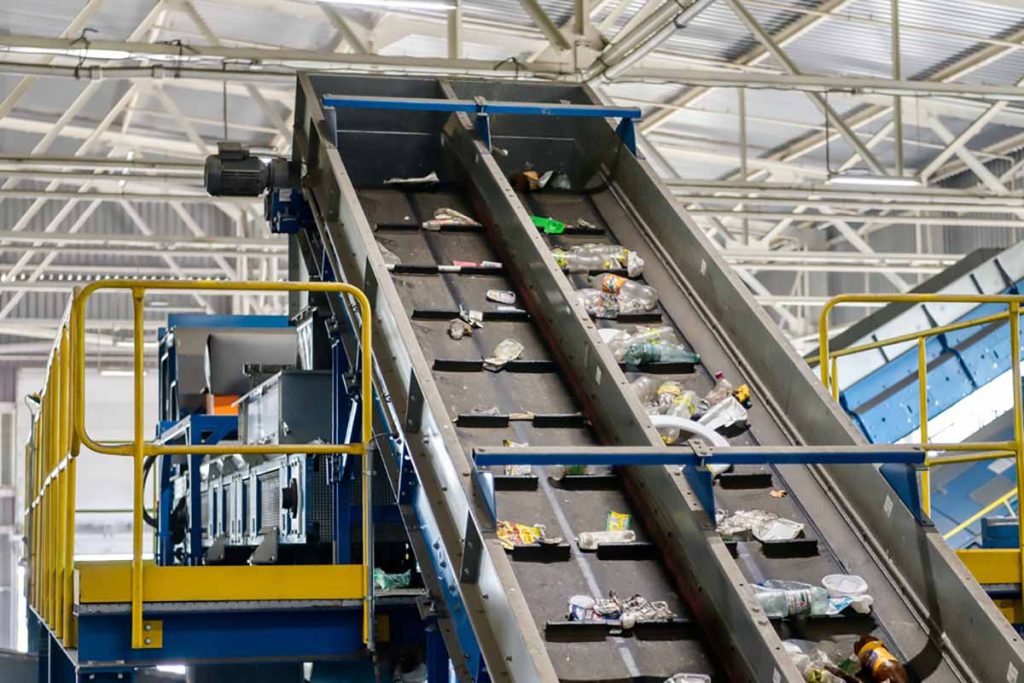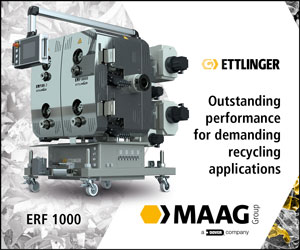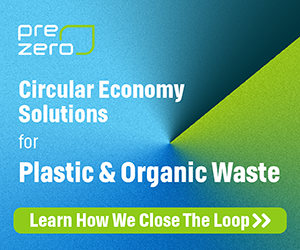
A pilot project at a facility in Denmark is being backed by a number of packaging and recycling stakeholders. | Nordroden / Shutterstock
A European materials recovery facility will install sorting detection equipment to identify digital watermarks on plastic packaging.
The Alliance to End Plastic Waste and the European Brands Association (AIM) on Sept. 6 announced the next phase of the HolyGrail 2.0 project. The pilot project is exploring digital watermarking as a sorting aid for materials recovery facilities (MRFs).
The project will involve installing a “prototype sorting detection unit” at a recycling facility in Copenhagen, Denmark. The line includes sortation equipment from Pellenc ST and Tomra.
The project is using technology from Beaverton, Ore.-based Digimarc, a company that has been developing a digital barcode system for plastic packaging. The company’s technology applies imperceptible digital marks to plastic packaging.
“They cover the surface of a consumer goods packaging and carry a wide range of attributes such as packaging type, material and usage,” project partners explained in the recent announcement. “Used packaging is collected and scanned on the sorting line with a high-resolution camera which detects and decodes the digital watermark.”
The packaging is then sent into streams based on the attributes of the watermark.
“This leads to more accurate sorting streams and higher quality recyclates to be channeled back into the plastic packaging value chain,” the project partners stated.
Through the HolyGrail 2.0 project, some 125,000 pieces of packaging will be sent through the pilot sorting line for trials and demonstrations. The packaging includes materials from major brand owners, such as Procter & Gamble, which said it will support the trials with more than 100 of its European products that carry digital watermarks.
The next phase is a commercial roll-out of watermarked packaging to consumers.
“Pending successful completion of the semi-industrial trials, brand owners and retailers will then bring their enhanced products to market in Denmark, France and Germany,” the project partners stated. “During this commercial test phase, consumers will buy on-shelf products with digitally watermarked packaging.”
The HolyGrail 2.0 project was first announced in 2019 and launched in September 2020. It followed an earlier European project, dubbed HolyGrail 1.0 and facilitated by the Ellen MacArthur Foundation from 2016 through 2019.
More stories about Europe
- Financing, uncertainty feed EU recycler bankruptcies
- PCR mandates, global policy needed to improve rates
- European plastics recycling sector faces slew of challenges



